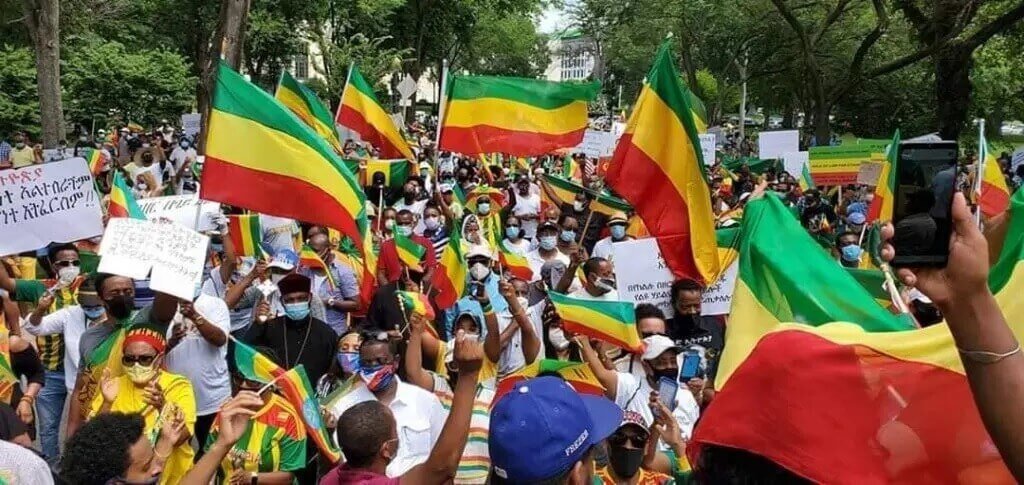 Tesfa ZeMichael
Tesfa ZeMichael
Consider the Oromo and Tigrayan Diaspora. Each group is united in supporting its cause. They organize themselves and campaign methodically to influence the reporting and editorializing of Western print and electronic media; they meet parliamentarians, politicians, bureaucrats, academics, artists, sportspeople, and student and trade union leaders, officials of private and public international institutions to persuade them to support their cause. They are united in their efforts and pursue their goal single-mindedly.
Is the Amhara Diaspora engaged in comparable activities? No.
The Amhara Diaspora seems hellbent in proving the correctness of Donald’s Levine’s infamous description of the Amhara in his book Wax and Gold as a people characterized by oral aggression, absence of community sentiment, distrustful, deceptive, secretive, and non-cooperative. Ido not subscribe to his crude, paternalistic, condensing, and Eurocentric psychological elucubrations on the Amhara.
But, on the other hand, look at the division among the Amhara Diaspora. They form groups ostensibly to support the Fano fighters back home. However, these groups are more engaged in undermining each other, and worse still, in favoring one Fano group over another and sowing the seeds of division in the Fano movement.
If the Amhara Diaspora sincerely supports the Fano movement’s resistance to the anti-Amhara onslaught of the combined forces of the Prosperity Party and TPLF, then it must be united and develop common policies and actions to garner support in the West for the Fano fighters’ cause.
The Fano fighters do not need the Diaspora’s money. They do not need its hair-splitting arguments. They do not need hyperbolic descriptions of their actions. They do not need its advice on how to conduct their fights. They are doing quite well without the Diaspora’s intervention.
They need only one thing from the Diaspora: getting them political, media, academic, institutional, and public support in the West. As a lesson, remember how the Tigrayan Diaspora was able to mobilize within days the support of Western politicians, the media, and the public at large through united and concerted campaigns.
“Support” does not mean raising money and sending it to Fano groups. “Support” means campaigning here in the West so that Fano’s cause, the survival of the Amhara, wins the hearts and minds of the political, academic, media, the art, religious and spiritual leaders, sports and entertainment personalities, and of the Western public at large.
It is important to raise money in support of Fano. But this money should be used to hire lobbyists to influence politicians, well-known figures in all fields of activities, and journalists.
If the Amhara Diaspora is serious in its support of the Fano fighters, this is what it should do. If it does not, it is helping the Prosperity Pary ad the TPLF’s war against the Amhara. Anything else is grandstanding and divisive.

Tesfa Zemichael you are a wolf under a sheep skin. You contradicted yourself twice in this short article. You said Fanos don’t need the diasporas’ money and two paragraphs later you said, “It is important to raise money in support of Fano.” Just shut up the Amhara diaspora is doing well nowadays and is more organized than ever.
” Could the Amhara Diaspora rise to the occasion?”
With GREAT APOLOGY, my humble short answer is >>> ‘NO, NO, NEVER, NEVER.
THE END
In all honesty, my answer is: NO, NO, & NEVER
I would like to donate for amhara global form for starvation of amhara people.please email me the link to make donations.